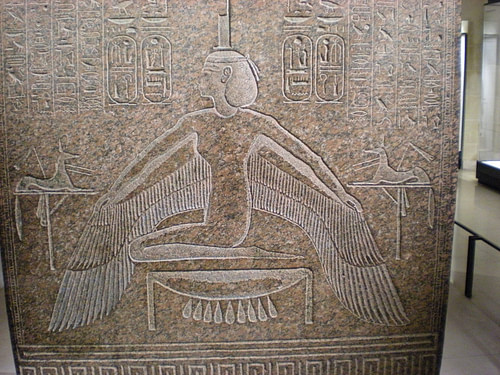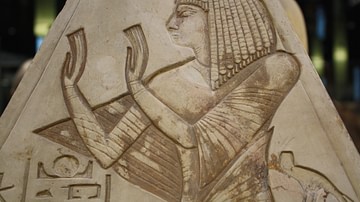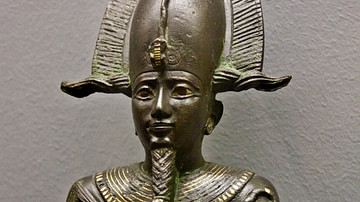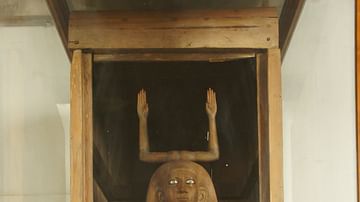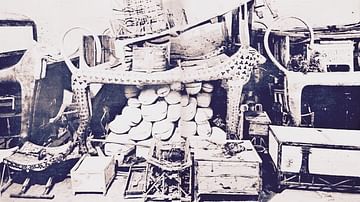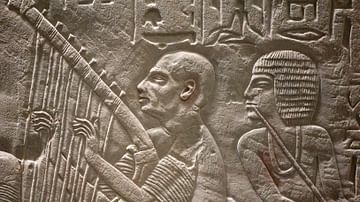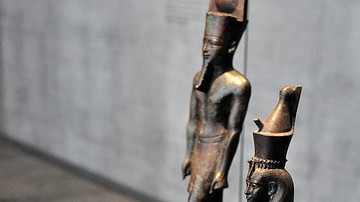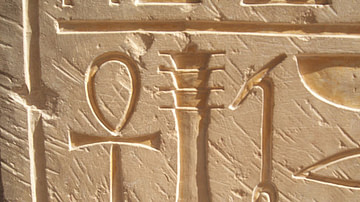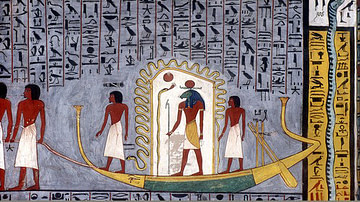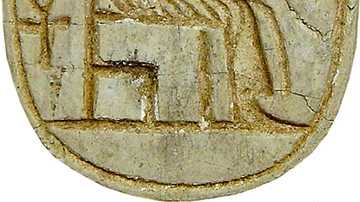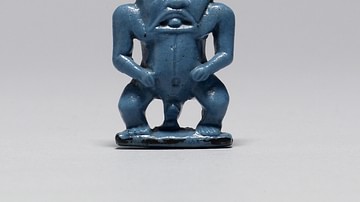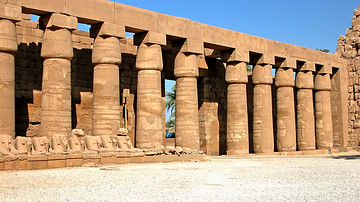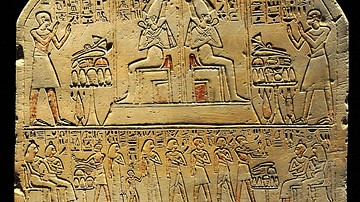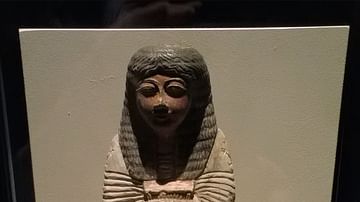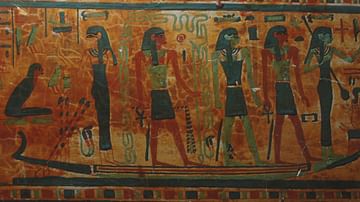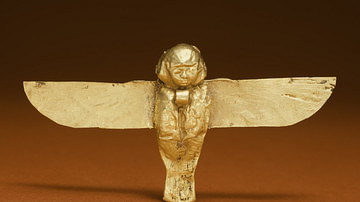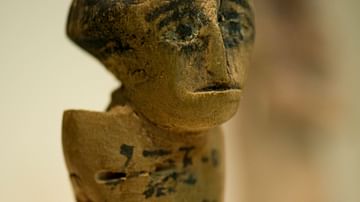Religion was interwoven throughout the life of ancient Egypt, and was connected to Egyptian mythology, science, and medicine to name a few. From the mightiest Pharaonic king to the farmers harvesting abundant wheat harvests, the belief of magic (Heka) and balance (Ma'at) helped ancient Egyptians understand their place in the universe.
By honoring the principle of ma'at (personified as a goddess of the same name holding the white feather of truth) and living one's life in accordance with its precepts, one was aligned with the gods and the forces of light against the forces of darkness and chaos, and assured one's self of a welcome reception in the Hall of Truth after death and a gentle judgment by Osiris, the Lord of the Dead.
